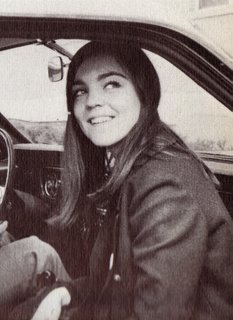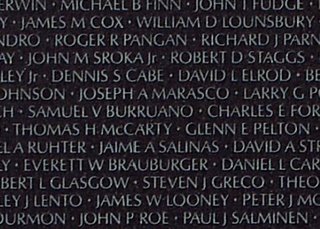Where Have You Gone Joe DiMaggio..?

I spent the weekend with old friends from college. One couple provided the beach house. Others bought and prepared the food and alcohol. A few have those pinpoint memories and quick wits and so provide the running commentary - old stories connected to new stories. I listen. I laugh. I provide the soundtrack. I plugged my iPod into a stereo system that piped music into each room, at my direction, and at the volume I chose. My goal was to set a mood reminiscent of our youth, but not totally of our youth, by carefully mixing old music with new music gleaned from the mixes of my young friends and children.
Which brings me to the picture above. It was 1967. I was a freshman in college. I was going to the movies to see The Graduate. Someone snapped this picture as I was getting into a car to go on an actual date. It is fitting that the "driver" is cut out of the picture because I can't remember who it was. I do remember going to Dorrian's Red Hand afterwards – a place where it was exceedingly easy for the under-aged to be served liquor. Though I was 18, and the drinking age was 18 at the time, this picture makes it painfully obvious – it was a while before I looked my age. And while the date was not memorable, the movie certainly was.
I know that movies had soundtracks before 1967. There were Elvis movies, which were more like full-out musicals, and The Beatles movies – essentially music videos, but I don't remember movies having anything like the soundtrack in this movie. This was different. The songs that wafted through this movie were already familiar to the general public of a certain age. They had not actually been written for the movie, the movie was cleverly screen-played around these songs by Buck Henry at the direction of Mike Nichols. The movie was an expression of the "emoto-moods" already evoked by those songs.
Maybe you had to be there, but The Graduate, which is at the top of my top movies, perfectly captured the perfectly off-base feeling of being in college or just out of college in the late sixties. There just wasn't a lot of direction, self or otherwise. Kids with money didn't have to think about the war. They only had to think about themselves. And they did, without relief, and it made them slightly sick.
After this, movies with soundtracks would change radically. Pop music would become an essential element of pop movies. And now, the almighty iTunes has made it simple to score the movie of our lives that is constantly playing in our heads. And so we do, backwards and forwards.



